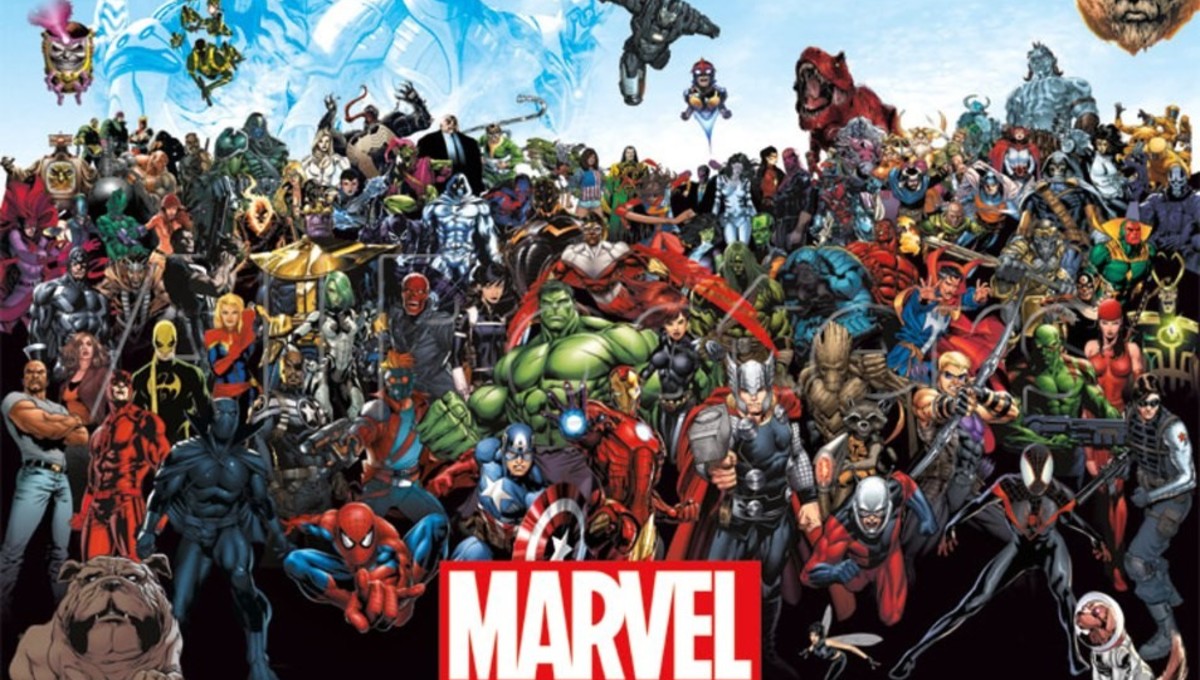Like most of our generation, I came of age during Marvel’s rise from the stuff of niche comic book fanatics to a mainstream blockbuster phenomenon. A quick Wikipedia search showed that the Marvel machine have churned out over one new film each year since 2002, arguably making superheroes the most watched people on the planet – an accolade not even the Kardashians have their claws into. Forget the Golden Age of Hollywood; we are living in the Comic Book Age. One way of looking at these films is to view them simply as Blue VKs; moderately enjoyable, to be consumed quickly and then forgotten later in the night once you’ve moved to the harder stuff. Also like a VK, these films are harmless and won’t stretch you either mentally or physically. Hollywood have found themselves a failsafe way of raking in the big bucks and we, the audience, have been given films that will entertain us for the duration of a flight or during awkward fresher film nights. There is safety in its formulaic makeup. We know that no matter what we are guaranteed a showcase of the crème de la crème of physiques, all taut and toned in beautifully choreographed slo-mo fight scenes. We accept that the plotlines will be unclear and often presented as an afterthought. And most importantly we know that the villain never ever triumphs. Perhaps this is why we gravitate towards these films so much because they provide a much-needed anchor of security in this uncertain and consistently metamorphosing world.
Directing my sardonic gaze away from the Marvel films and looking more at franchises in general. Once noticed, their omnipotence can be overpowering. Harry Potter, Star Wars, Fast and Furious, Indiana Jones, even Toy Story; they give us the same characters and a slightly altered story and we’re sold. I think it’s comforting to know that when the credits roll it isn’t necessarily goodbye to these beloved characters, because there is always the possibility of another film. We want to see them grow up and develop because when the lines between reality and illusion are so blurred, these characters might as well be real to us. It’s impossible to create a meaningful connection with a person over a couple of hours; we need much more time to do so. There are 26 James Bond films and yet we continue to be seduced by this mysterious vigilante, always feeling that maybe this time we’ll discover why he can’t build long-lasting relationships with women, or why he likes his martinis shaken, not stirred.
But where does it end? Franchises essentially strip away all significance from a film’s ending because it erases the gut-wrenching pang which accompanies this denouement. While franchises can be nostalgic and even comforting, if we are never confronted with endings, how can we be equipped to handle them when they happen?
By Hattie Graham
Image courtesy of Syfy

